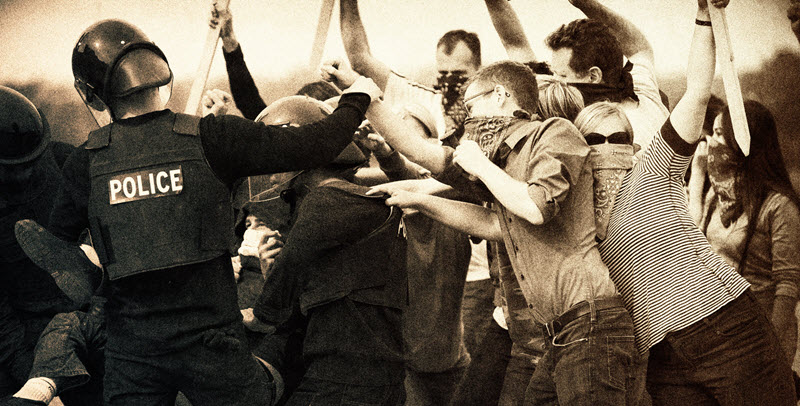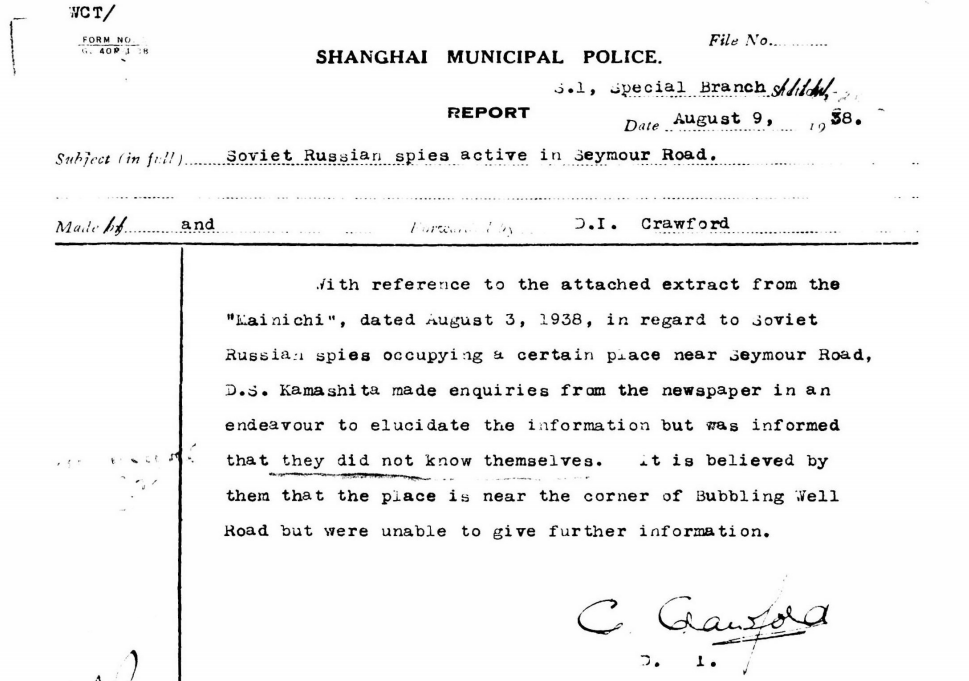By Catherine DiMercurio
On Thursday, June 23, 2016, the people of Great Britain held a referendum on whether to leave the European Union. In the months leading up to the historic vote, the prospect of the British exit from the EU came to be known as “Brexit.” The world was shocked to learn the outcome of the vote: The British people voted to leave the EU. I was shocked as well. My fourteen-year-old son is fairly politically engaged and had a lot of questions, as did I. What our research revealed is that there is a tangled web of cause and effect. Here are a few of the issues at the heart of that web.
What lead the Brits to hold the referendum in the first place?
Those who argued for leaving pointed to the diminished influence Britain has had within the massive bureaucracy of the EU. There were also concerns about the steady increase in immigration to Great Britain. The arguments for staying focused heavily on the importance of economic relationships with the European community and beyond. These arguments are detailed in a number of articles and audio files presented in Gale Opposing Viewpoints In Context.








